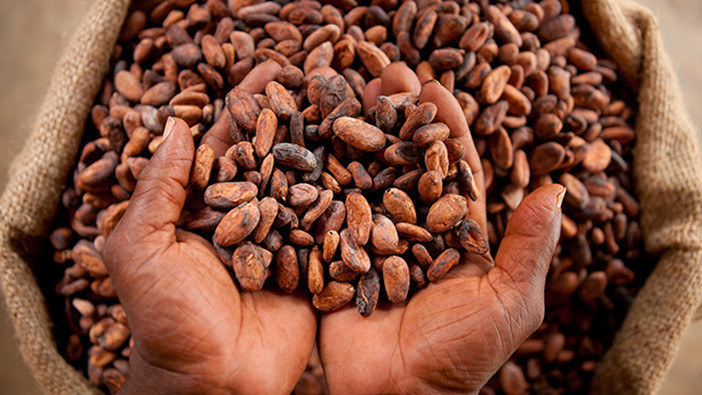- Opinion piece by Alexander Carnwath, Head of Public Affairs at the Fairtrade Foundation
Today (20 November) the UK is hosting the Global Food Security Summit, taking place in London. Fresh from a headline-grabbing Cabinet reshuffle, the summit is due to see UK Prime Minister Rishi Sunak launching an International Development White Paper, resetting the Government’s approach to overseas development.
It makes sense for the White Paper to be launched during the summit. After all, at Fairtrade we know that international development and food security go hand-in-hand. At the heart of the challenges facing farmers overseas, and the barriers to a sustainable food system, is entrenched poverty. Unless we tackle poverty, we will fail to find lasting solutions to the food security challenges the world faces.
Right now, smallholder farmers are among those worst and most unjustly affected by the climate crisis, which makes it ever more challenging for them to produce food that their livelihoods and our global food system relies upon. Meanwhile the global food system is responsible for up to 30 percent of carbon emissions.
An urgent need for change
At the same time, recent events such as the war in Ukraine and the global pandemic have exposed the fragility of our food supply chains, leading to empty shelves and food price inflation, without a rise in income for farmers. This has revealed to consumers in the UK what has long been a stark reality for farmers: the unsustainability of the current trade system. There is an urgent need for change.
It is welcome, then, that the agenda for the summit includes a focus on the pathway to a climate-resilient and sustainable food system, addressing the core question of how to build international commitment and effective partnerships for food systems transformation. For Fairtrade, which represents more than 2 million farmers and workers in low-income countries worldwide, our answer is simple: by putting farmers first.
We want to see the UK commit to ensuring that new sustainable food systems approaches have at their heart the farmers who grow coffee, tea, bananas and cocoa and a host of other popular products imported into the UK.
Farmers at the centre
As we have argued in a joint briefing published ahead of the Summit, for this to happen, the Government needs to ensure that its approach to international trade supports climate action and development. A key first step is for the Government to commit to publishing a trade strategy that aligns with its development and climate objectives.
We also need the government to put smallholder farmers at the centre of their approach to important new legislation on deforestation – which the UK committed to under the Environment Bill – and human rights due diligence, which Fairtrade is calling for alongside a range of other NGOs.
Both are important steps in developing sustainable food systems, and it is imperative that smallholder farmers are consulted as key rightsholders and provided with support as it is implemented. Otherwise, there is a risk that businesses pass on the financial burden of complying down to smallholder farmers at the end of their supply chains, many of whom already struggle to meet their daily needs due to the often cripplingly low prices paid for their produce.
A fairer food system
The UK Government should also commit to supporting a fairer food system that enables farmers to transition to climate-resilient practices. Farmers have the expertise and knowledge to tackle the climate crisis, and are best placed to identify solutions appropriate to their local contexts. However, with unfair market prices and power imbalances remaining a feature of many supply chains, transitioning to sustainable agriculture such as agroecological approaches – which can significantly reduce climate impacts – remains out of reach for many farmers.
Fairtrade’s evidence shows that fairer prices enable farmers to adapt to climate change, build resilience and support the practice of agroecological approaches. All this can only be good for global food security.
Monday’s summit and the release of the White Paper comes shortly before COP28, where global leaders will again be discussing how best to confront climate change and help those most affected to adapt. These three events provide the UK Government with an important opportunity to tackle poverty, the climate crisis and an increasingly fragile food system. Targeting the needs and enlisting the contribution of smallholder farmers will be key to addressing them all.
ENDS
